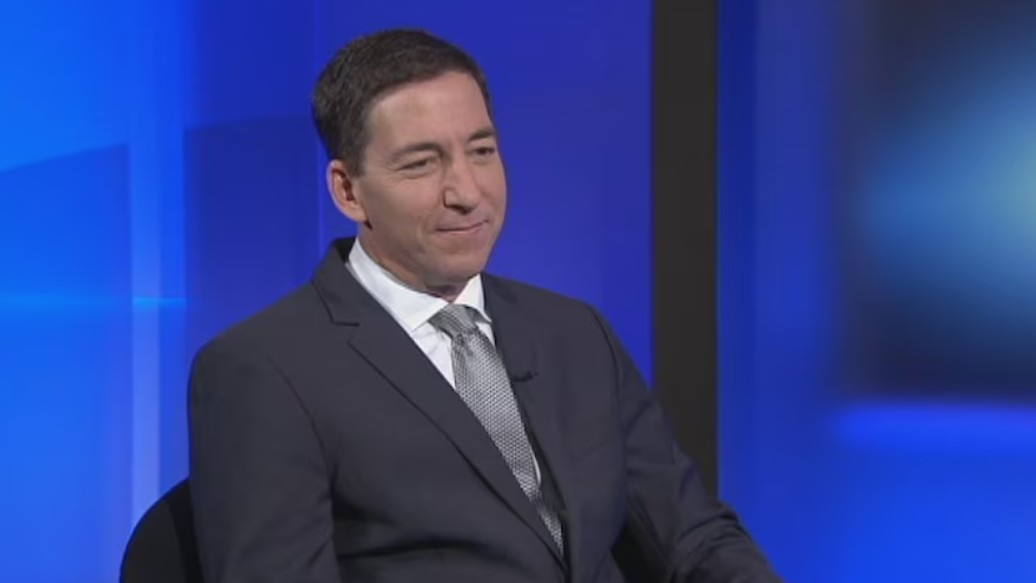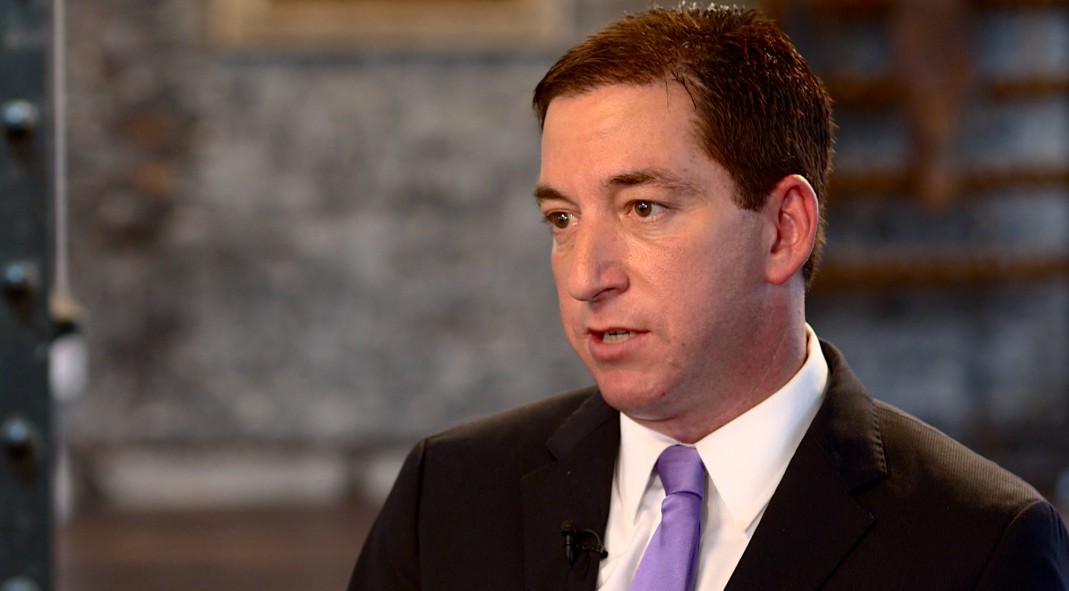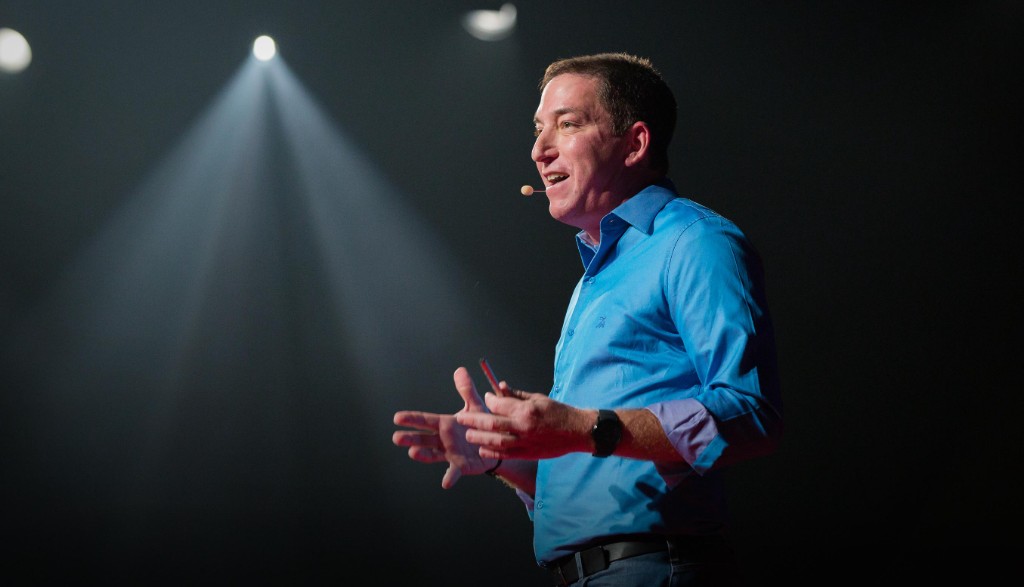Glenn Greenwald Video and Public Reactions
In today’s media landscape, where a single moment can define a public figure’s reputation, few personalities generate as much division as Glenn Greenwald. Known globally for his investigative journalism, Greenwald is no stranger to controversy. Yet, a recent Glenn Greenwald Video has pushed him back into the spotlight not for the content of his words, but for the way he delivered them.

The viral clip, taken from a livestreamed political panel, has reignited debates about his style, credibility, and role in shaping political discourse. Was it a moment of righteous passion, or a display of theatrical overreach?
Contents
The Glenn Greenwald Video: What Happened?
The clip at the center of the storm emerged during a heated panel discussion on media integrity. In the Glenn Greenwald Video, the journalist forcefully denounces what he calls “the corrupt collaboration” between major news outlets and intelligence agencies. His tone rises, his gestures intensify, and at one point, he slams the table in frustration.
The Explosive Glenn Greenwald Video That Shook the Internet
While the message itself echoed his long-standing warnings about media and state power, it was his dramatic presentation that captured attention. Shared widely on platforms such as X (formerly Twitter), TikTok, and YouTube, the video spread rapidly, generating memes, parody edits, and thousands of heated comments.
Critics called the delivery “melodramatic” and “borderline theatrical,” while supporters insisted it reflected genuine outrage at systemic corruption. Regardless of interpretation, the clip undeniably made waves across the political and journalistic communities.
Who Is Glenn Greenwald?
To understand the intensity of the debate, it’s essential to revisit who Greenwald is and why his words carry such weight.
Career and Achievements: Glenn Greenwald is an American journalist, author, and former constitutional lawyer. He rose to prominence in 2013 for his collaboration with whistleblower Edward Snowden, publishing reports that exposed the NSA’s global surveillance programs. His reporting earned him a Pulitzer Prize for Public Service.
The Intercept and Independent Journalism: In 2014, he co-founded The Intercept, a news outlet dedicated to investigative reporting. He left the publication in 2020, citing censorship and editorial interference, and has since embraced independent platforms like Substack.
Public Persona: Greenwald is known for his sharp critiques of both the political left and right, refusing to align himself with traditional party lines. His outspoken approach, combined with his willingness to challenge established narratives, has earned him both a loyal following and fierce opposition.
This background explains why the Glenn Greenwald Video quickly became more than just a viral moment it was seen as a reflection of his evolving identity as a journalist and public figure.
Public Perception: Ridiculous or Righteous?
The response to the Glenn Greenwald Video was polarized.
Critics’ Perspective: Many commentators argued that the theatrics overshadowed the substance of his argument. On social media, users mocked the clip with captions such as “Glenn Greenwald doing performance art.” Some insisted that his dramatic delivery undermined his credibility, reducing a serious point into a spectacle.

Supporters’ Perspective: Others defended him, saying the criticism was politically motivated. To his supporters, raising one’s voice against corruption is not “unhinged” but necessary. They saw the video as a powerful statement of frustration, not a loss of composure.
This divide underscores a broader cultural question: when does passionate advocacy cross the line into performance? And who decides where that line lies?
Media and Influencer Reactions
Mainstream outlets reacted differently to the clip. Some ignored it entirely, while others framed it as evidence of Greenwald’s shift from serious investigative journalist to political provocateur.
One headline in The Daily Beast read: “From Pulitzer to Punchline? Glenn Greenwald’s Wild Rant Goes Viral.”
Meanwhile, political influencers quickly seized on the moment:
- Right-leaning commentators praised him for “exposing the deep state.”
- Left-leaning voices mocked the clip as “self-indulgent political theater.”
On YouTube and TikTok, reaction videos flourished. Popular creators edited the clip into memes, with one viral version placing Greenwald’s speech on a Shakespearean stage under the caption: “Alas, poor democracy!” Even late-night talk shows referenced the moment, further embedding it in pop culture.
Glenn Greenwald’s Response
True to form, Greenwald directly addressed the backlash. Writing on Substack and posting follow-up videos, he argued that the criticism revealed more about his detractors than about himself.
“I’m not criticized for being wrong I’m criticized for being loud,” he said.

He stressed that in an era of apathy, it is not enough to calmly state truths. Instead, raising one’s voice is sometimes necessary to break through the noise. He accused mainstream critics of “tone policing,” framing their attacks as part of a broader effort to silence dissent.
This response only intensified the debate, with supporters applauding his defiance and opponents accusing him of deflecting valid criticism.
Impact on His Image and Career
The Glenn Greenwald Video has further polarized public opinion about his role in journalism:
Supporters view it as proof that he is willing to challenge powerful institutions without restraint.
Critics see it as confirmation that he has shifted from journalism toward performance-driven commentary.
Interestingly, his independent platforms have seen a growth in subscribers since the controversy, suggesting that the spectacle may have actually helped expand his reach. Still, detractors argue that such attention comes at the expense of journalistic credibility.
This moment adds to a growing list of Greenwald’s high-profile confrontations, signaling a possible shift in his career trajectory from investigative journalist to combative media personality.
Broader Implications for Journalism
The Glenn Greenwald Video is more than a viral moment; it highlights fundamental questions about communication in the digital age:
Does passion help or hinder journalism? In an online environment dominated by clips, memes, and soundbites, dramatic delivery may be necessary to grab attention but it risks overshadowing substance.
Is journalism merging with performance? The blurred lines between activism, reporting, and entertainment suggest a changing role for journalists in society.
Does personality now outweigh content? In today’s ecosystem, the messenger often matters more than the message itself, raising concerns about how truth is judged.
The Glenn Greenwald Video demonstrates how quickly a single clip can dominate public discourse. Depending on one’s perspective, it was either a bold stand against corruption or a ridiculous display of theatrics.
What is undeniable is that Greenwald remains a lightning rod for debate. He is unafraid to provoke, challenge, and, when necessary, perform. In a world where substance constantly competes with spectacle, his viral moment underscores a timeless dilemma: how can urgent truths be communicated in a society obsessed with how they are delivered?
Whether one sees the Glenn Greenwald Video as righteous or ridiculous, it serves as a reminder of the shifting landscape of journalism in the digital era where passion, controversy, and performance are inseparable from the message itself.
Daily News -Major Galore Viral Video Twitter Buzz and Online Debate
Miss Pacman Video Original and the Tragic Case
Russian Lathe Accident Video and Workplace Safety
Tijana Radonjic Parasailing Fall Full Video Footage
Colombian Presidential Candidate Shot Video and Global Reaction
Kaitlyn Flynn Oilers Original Video Leaves Fans in Awe
Arturo Gamboa Video Sparks Chaos at Utah Rally

